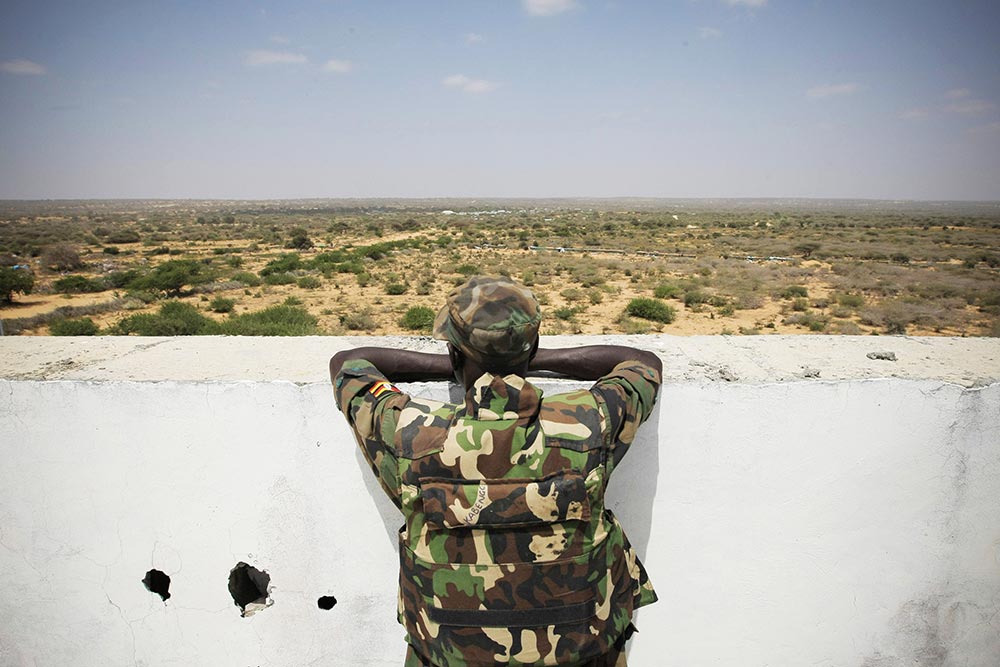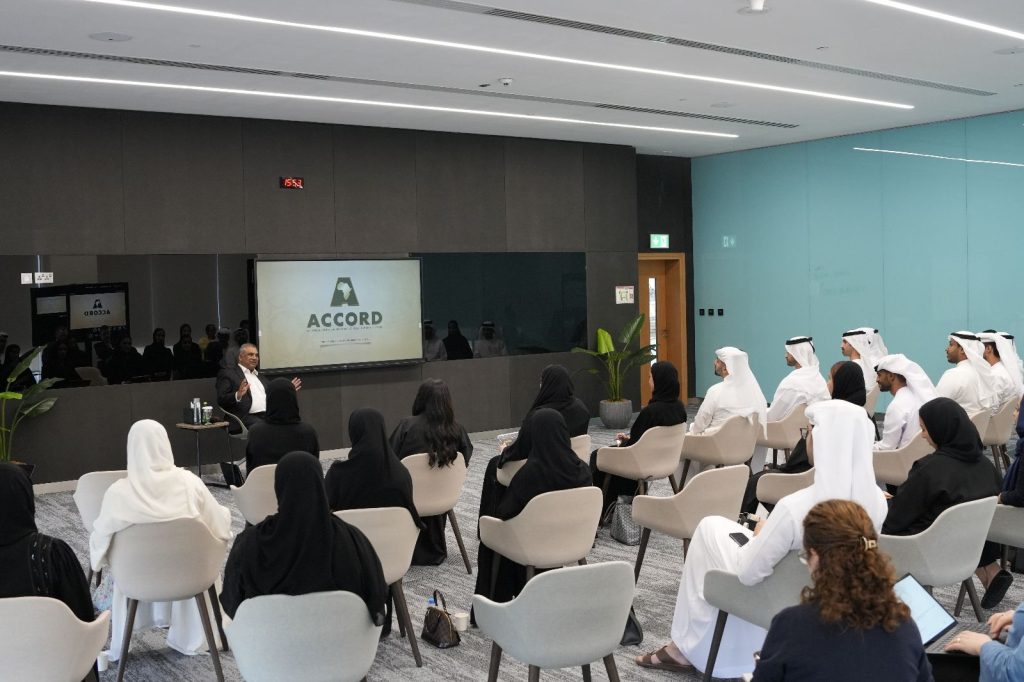ACCORD in collaboration with the African Peace Support Trainers Association (APSTA), hosted a Mission Support Training Harmonisation Workshop from 4-7 May 2015 in Durban, South Africa. The workshop sought to build on the Civilian Peacekeepers Foundation (Nairobi, Kenya, 2-5 December 2013) and the Police Pre-Deployment (Accra, Ghana, 6-9 May 2014) Training Harmonisation and Standardisation workshops.
Similar to the Integrated Mission Planning Training Harmonisation, the workshop provided an opportunity for APSTA to continue its contributions towards the efforts of the African Union Commission (AUC). These efforts are to harmonise and standardise the African Standby Force (ASF) and regional standby forces training by the Peace Support Operations Division (PSOD) and the Regional Economic Communities/Mechanisms (RECs/RMs).
The African Standby Force (ASF) training for the respective components has seen improvements over the years. However, specific areas of the ASF architecture, including structures and management capabilities, political decision-making and mission planning processes and logistics, among others, still need enhancing. As Mission Support is a critical enabler for ASF operations, shortcomings in this area have very serious implications for the ASF Full Operational Capability (FOC). The workshop was attended by the Africa Union Commission (AUC); Institute for Security Studies (ISS); Southern African Development Community Regional Peacekeeping Training Centre (SADC RPTC); Kofi Annan International Peacekeeping Training Centre (KAIPTC); Eastern Africa Standby Force (EASF); United Nations Office to the African Union (UNOAU); African Union Mission to Somalia (AMISOM); Southern African Development Community (SADC) planning element (PLANELM); and Deutsche Gesellschaft für Internationale Zusammenarbeit (GIZ) GmbH.
The need for both Mission Planning and Mission Support training was also observed in the ASF Training Needs Assessment conducted by APSTA during 2013. In addition, the ASF Assessment Panel’s recommendation for a PSOD-led lessons-learned project aimed at capturing the key Mission Support lessons from AU operations to date. The harmonized and standardized training on the two inter-related aspects of Mission Support (and Mission Planning) will also go a long way to alleviate the weakness in the ASF architecture. From the perspective of the APSTA, the need for the harmonization of ASF training generally stems from best practice, as well as from specific stipulations in relevant AU and other policy framework documents related to the establishment, development and operationalization of the ASF, such as the ASF Assessment Report.
The workshop addressed the gaps identified in the ASF architecture which includes focus on the challenges inhibiting ASF FOC by end of 2015. This involved harmonizing and standardizing multidimensional training delivered by member institutions of the Association or those that intend to establish and deliver Mission Support training for the AU/UN and RECs/RMs missions, (including the ASF and other African-led PSOs). The workshop also created an opportunity for the establishment of relevant and effective Mission Support training relating for AU/UN missions, the ASF and other African-led missions. Furthermore, existing training materials were reviewed and participants were able to revise, update, harmonize and standardise the content of Mission Support training, consistent with the relevant UN policies and doctrine. The harmonized and standardized packages will seek to establish AU minimum standards for Mission Support training for AU/UN missions, and ASF and other African-led PSOs. This will also include the criteria for identification and selection of potential training audiences, and broad guidelines on the establishment of databases (and rostering) of suitable trainees by the AU and RECs/RMs and show how the knowledge and skills of such trained personnel could be further developed, employed and deployed.
This initiative is in line with the TfP Programme’s strategic goal for improved and sustainable capacity for peace operations on the continent, through (1) ensuring that functional organizational systems are in place in the UN, AU and REC/RMs; (2) ensuring competent personnel in the UN, AU and REC/RMs for peace operations with the provision of relevant and high quality training.
The Training for Peace Programme at ACCORD is an initiative funded by the Norwegian Ministry of Foreign Affairs.








